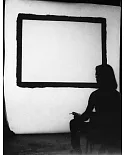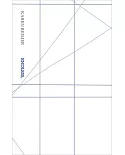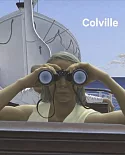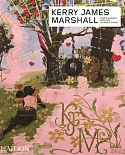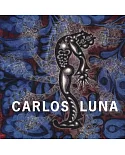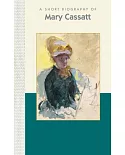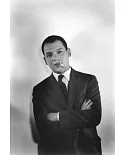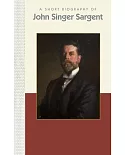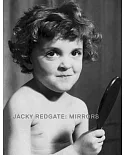Best known for his extraordinary abstract collages, German artist Kurt Schwitters (18871948) is one of the most influential figures of the international avant-garde. Emphasizing the
significance of color and light in the artist’s work and delving into the relationship between collage and painting, this handsome volume accompanies the first U.S. retrospective of the
artist’s oeuvre in twenty-five years.
Affiliated with Dada and the Constructivist movement in the years following WWI, he coined the term merz” to describe his ambition to make connections, preferably
between everything in the world.” Schwitters’s merz gave seemingly worthless objects of urban wastetrain tickets, newspaper fragments, bits of wirenew life as compositional elements
in his installations, assemblages, sculptures, and collages. Hoping to unify life and art by incorporating everyday objects into his work, this pioneer of installation art came closest
to his ideal with Merzbau, a room-size walk-in sculpture constructed entirely of found materials.
Alongside images and analysis of a full-scale reconstruction of Merzbau, this book includes an illustrated chronology and 90 color plates of Schwitters’s assemblages, reliefs,
sculptures, and collages, with emphasis on merz works from the 1920s and 1940s. The selection not only illuminates the artist’s response to the dominant art movements of his time
but also illustrates his unique composition and design. Essays by prominent scholars provide new perspective on the artist who created poetry from the commonplace.




